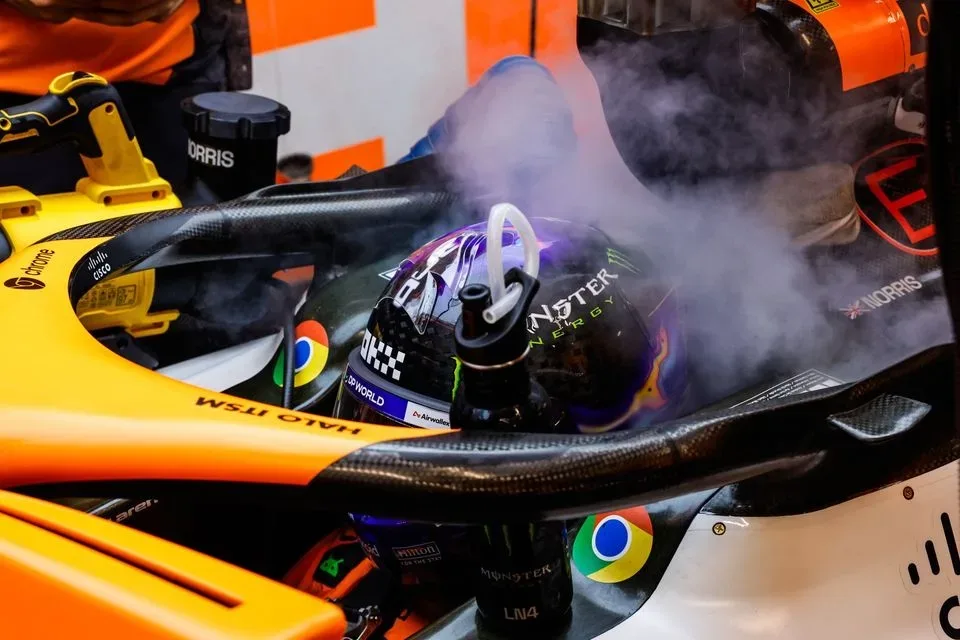FIA Approves Driver Cooling Kits for 2025 Season Amid Heat Concerns
The Formula 1 Commission has officially given the green light to the introduction of driver cooling kits for the 2025 season, aimed at combating extreme heat conditions that have raised concerns for driver safety. This move comes after the 2023 Qatar Grand Prix, where several drivers suffered symptoms of heat exhaustion, highlighting the need for improved cooling systems.
As reported by Autosport in July, the FIA and all Formula 1 teams began collaborating on research to enhance venting and cooling systems for drivers in extreme temperatures. Initial proposals suggested fitting simplified air conditioning systems to the cars, but the agreed-upon solution no longer requires an AC unit.
This driver cooling kit system will only be mandated by the FIA in extreme heat conditions, with a corresponding increase in the minimum weight of the cars when applicable. The commission’s decision aims to prioritize driver safety, a crucial aspect of Formula 1.
Additionally, the commission addressed the protocol for closing up the grid when certain cars fail to make it to the start of a race. This issue gained attention at the Brazilian Grand Prix, where Williams driver Alex Albon’s car was withdrawn due to a heavy crash during qualifying, leaving his seventh-place grid spot vacant.
To rectify this, the FIA will now finalize the starting grid one hour before the race at the latest. This means cars withdrawn up to 75 minutes before the start will not be included in the final grid, and subsequent cars can move up to close the gap.
During the Geneva meeting, chaired by Nikolas Tombazis, FIA’s head of single-seaters, and F1 CEO Stefano Domenicali, the commission also refined elements of the 2025 financial rules. Expanded exemptions against the cost cap for costs related to sustainability initiatives were approved, promoting eco-friendly practices in the sport.
Furthermore, the meeting discussed progress on the 2026 technical regulations, aimed at increasing downforce and improving performance levels. The FIA expressed confidence that these regulations will be ready for approval by the FIA World Motor Sport Council after the 2024 season.
Lastly, the commission made revisions to the FIA sporting regulations to incorporate gender-neutral language, removing masculine pronouns and other gendered language. This aligns with similar changes made to F2 and F3 sporting regulations last year.
🔗 Source
